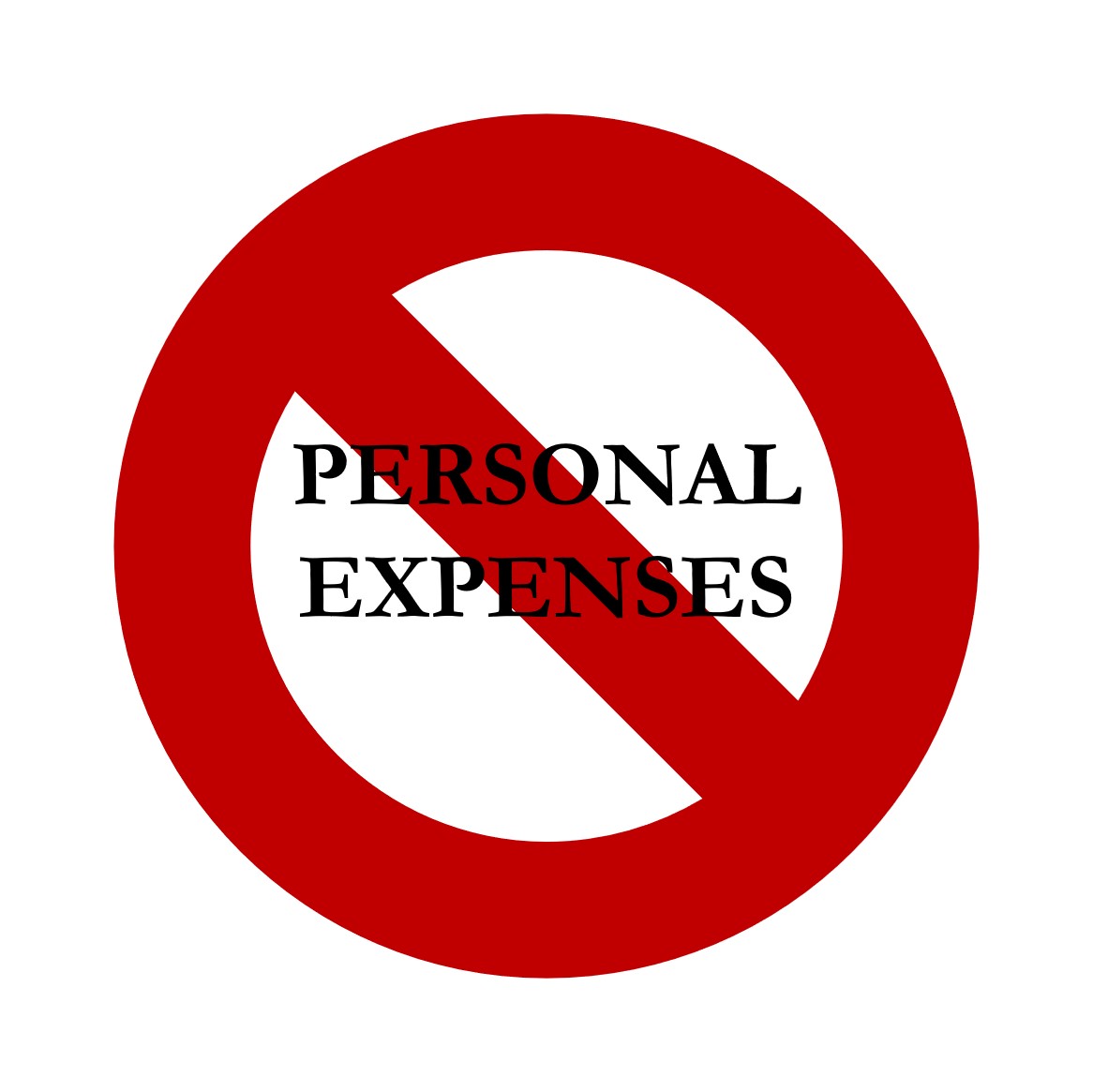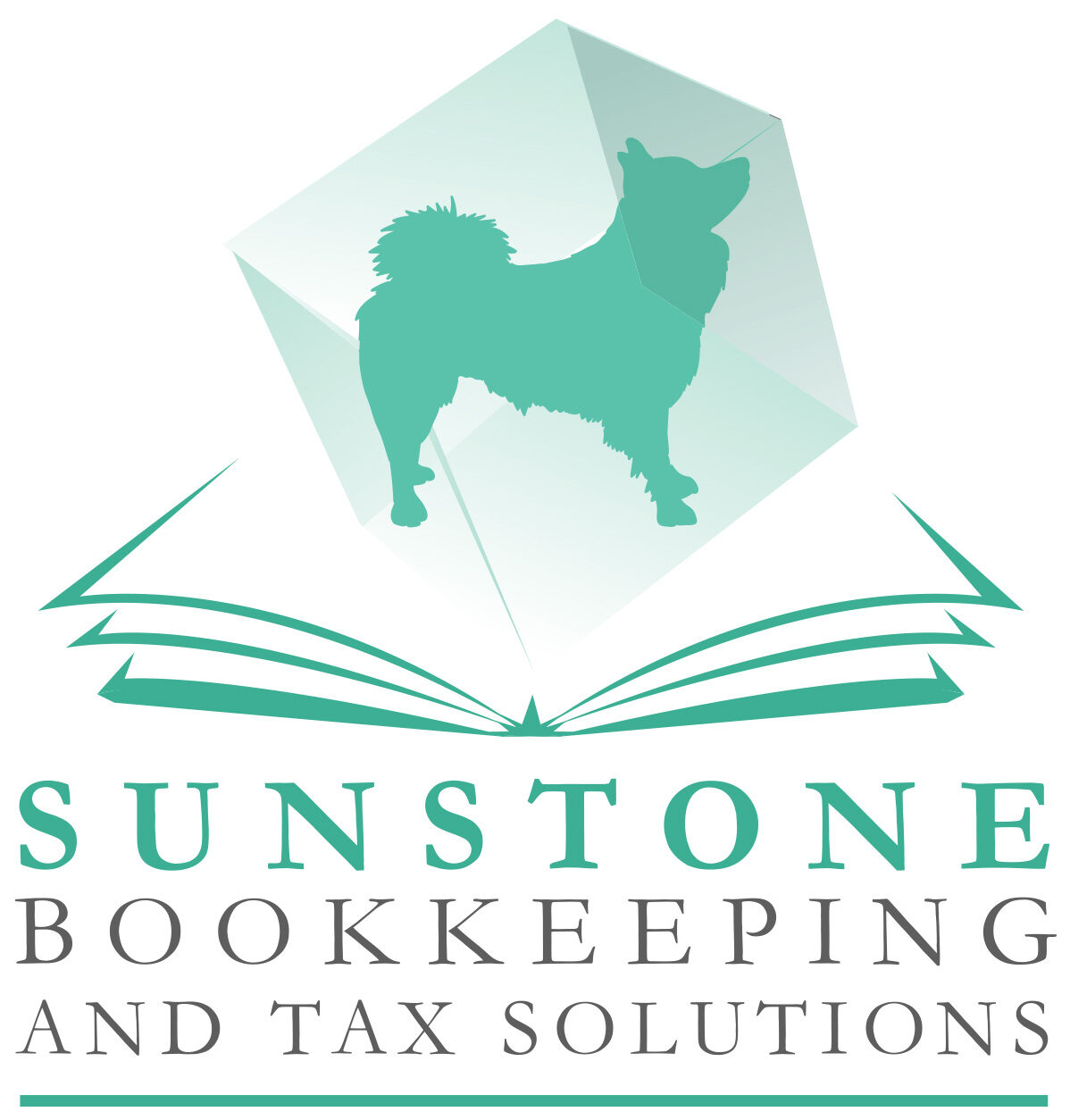 “I need to buy a gift for my kid’s birthday. Is it okay to write a check from my company’s bank account to pay the toy shop?”
“I need to buy a gift for my kid’s birthday. Is it okay to write a check from my company’s bank account to pay the toy shop?”
Short answer: No.
Long answer: Technically, maybe, but you should only consider it after you’ve consulted with your tax accountant to make sure, if it is a possibility, that it’s handled correctly.
Yes, you started the business with money that you contributed, either from your own pocket or via a business loan. And yes, you are the boss, so you are the ultimate decision maker on the business that helps you earn a living.
However, from an accounting perspective, you and your business are two separate entities. This separation is known as the Economic Entity Assumption or Economic Entity Principle, as outlined in Generally Accepted Accounting Principles (commonly referred to as GAAP … here is a link with a quick summary).
This separation means it’s a bad practice to make a personal purchase from the business bank account. This practice is referred to as commingling, and it can create major problems for you if the IRS comes at you for an audit.
You’ll have to defend all deductions on your return, including the personal expenses. If you can’t defend them to the IRS standards, then you’ll probably be faced with a recalculated tax return along with the interest and penalties that go along with the new tax liability.
And depending on your business structure, your personal return might have to be recalculated, which means another set of interest and penalties.
If you find yourself in a situation where you need to take money from the business for personal reasons outside of your normal business wages or draws, talk to your accountant first to work out the best way to do so from a tax perspective based on your business’s legal setup. Then make sure you alert your bookkeeper so these transactions can be recorded properly for reporting and tax preparation.
As a general rule, though: Don’t use your business accounts as your personal piggy bank. Keeping your personal and business finances separated makes your bookkeeping easier and reduces your stress levels at tax time.
